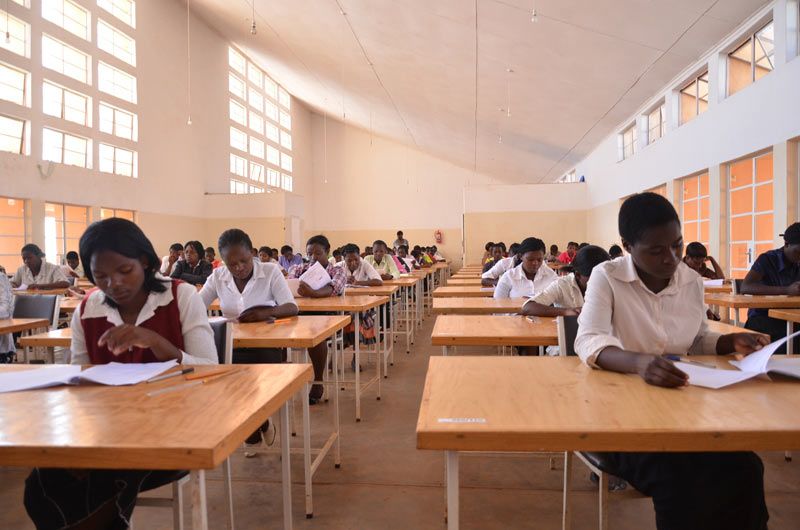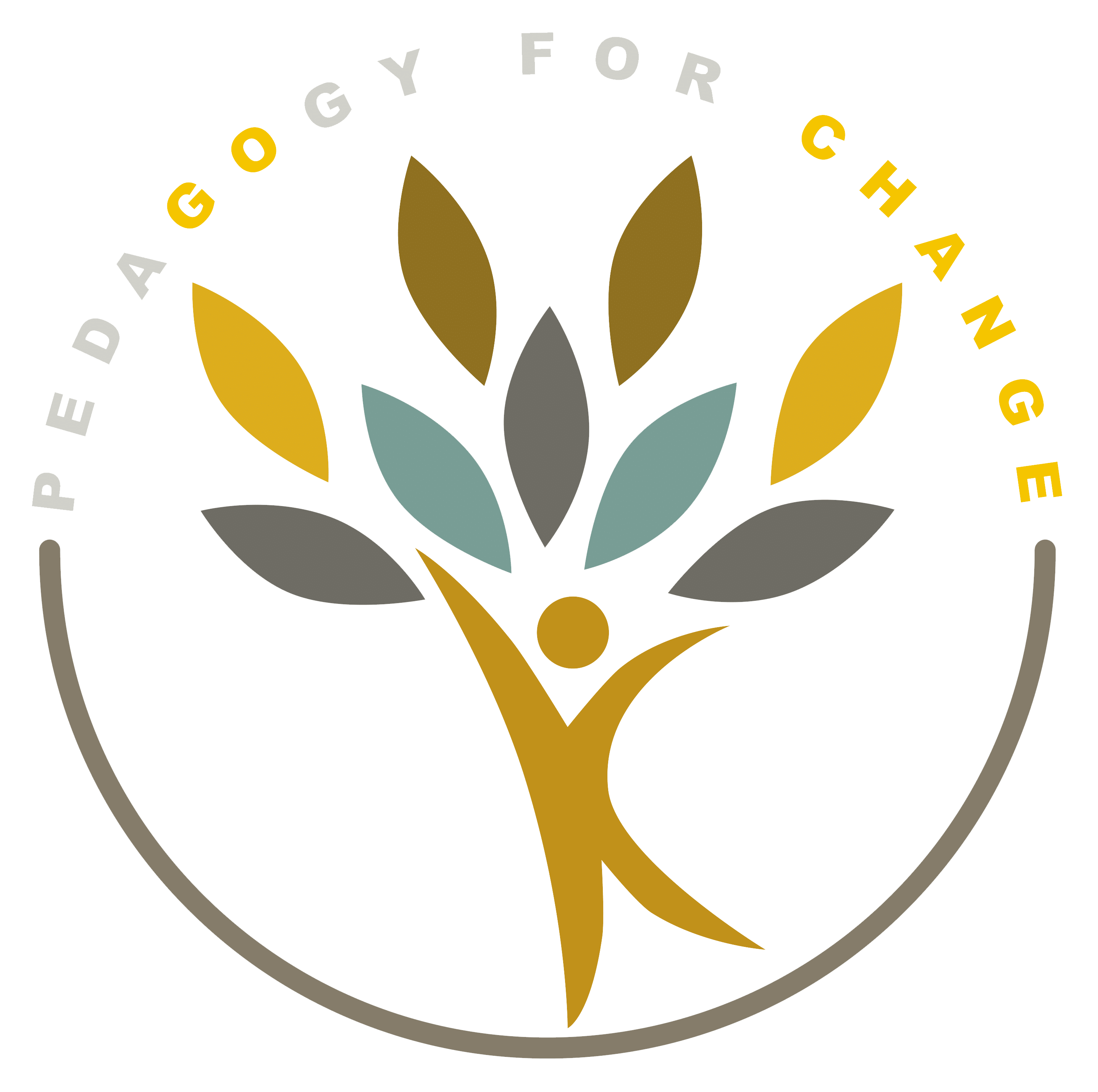TRAINING CENTRES IN DENMARK
The first 24 months of the programme takes place at training centres in Denmark. They form the base for studies, investigations, action research and saving up money for the programme through assistance work at independent schools and care homes.
At each of the training centres there are one or more care homes or independent schools for children in need of specialised education and innovative action based programmes.
Read more about the training centres below.
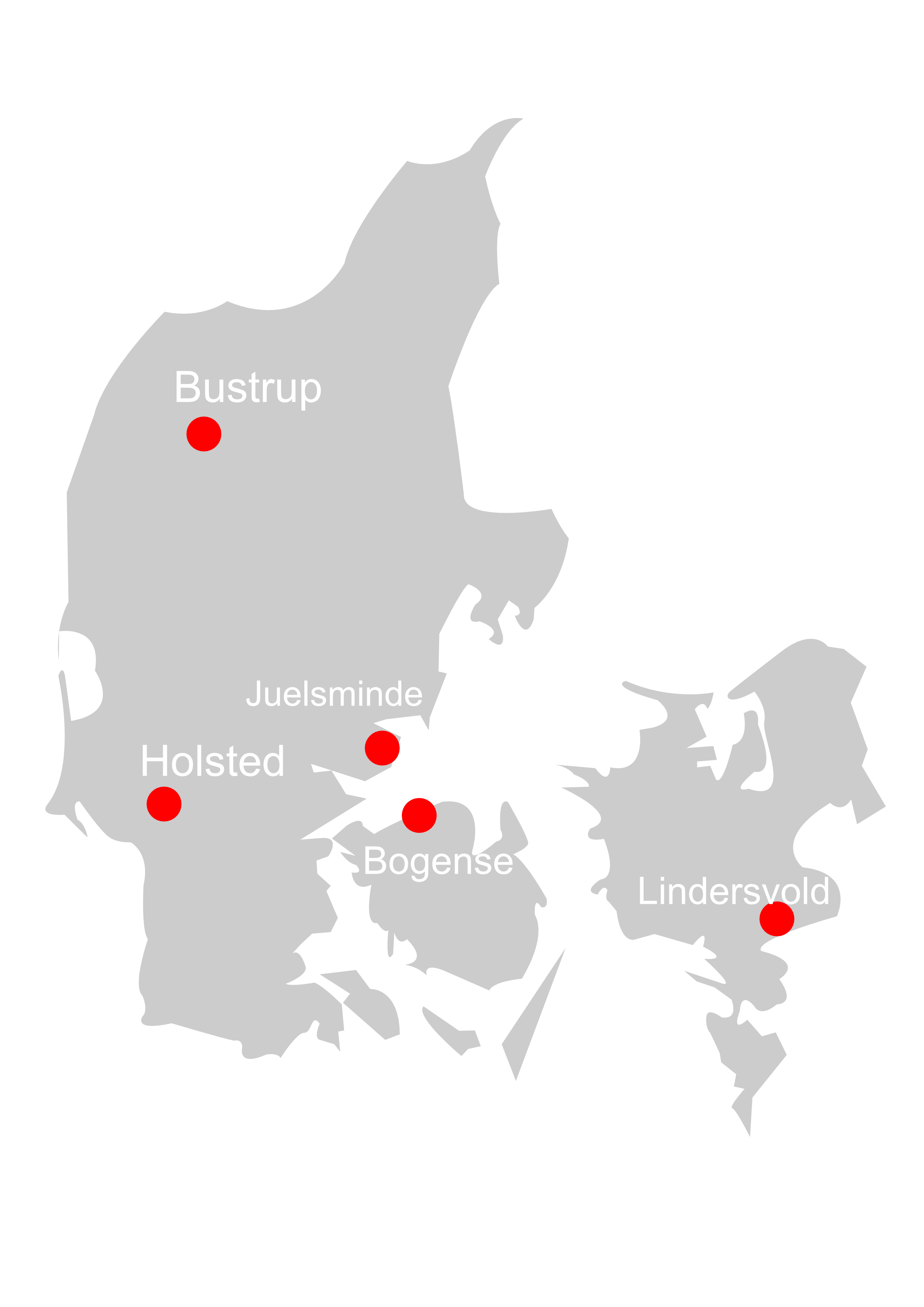
Training centres in Denmark
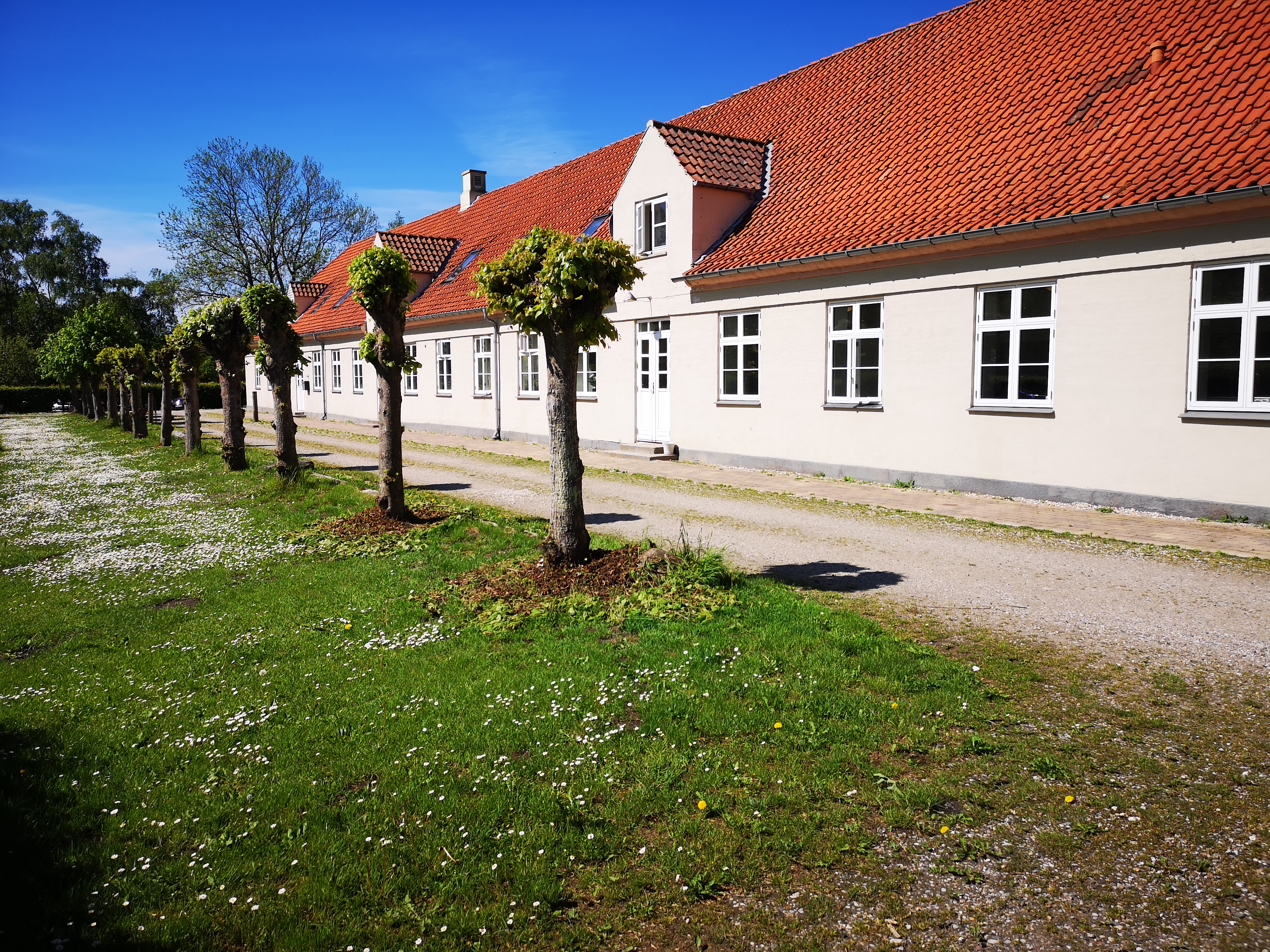
Lindersvold
The international Lindersvold campus comprises two care homes for youth and young adults, a school for children and youth with special educational needs and The Travelling Folk High School with people from all over the world.
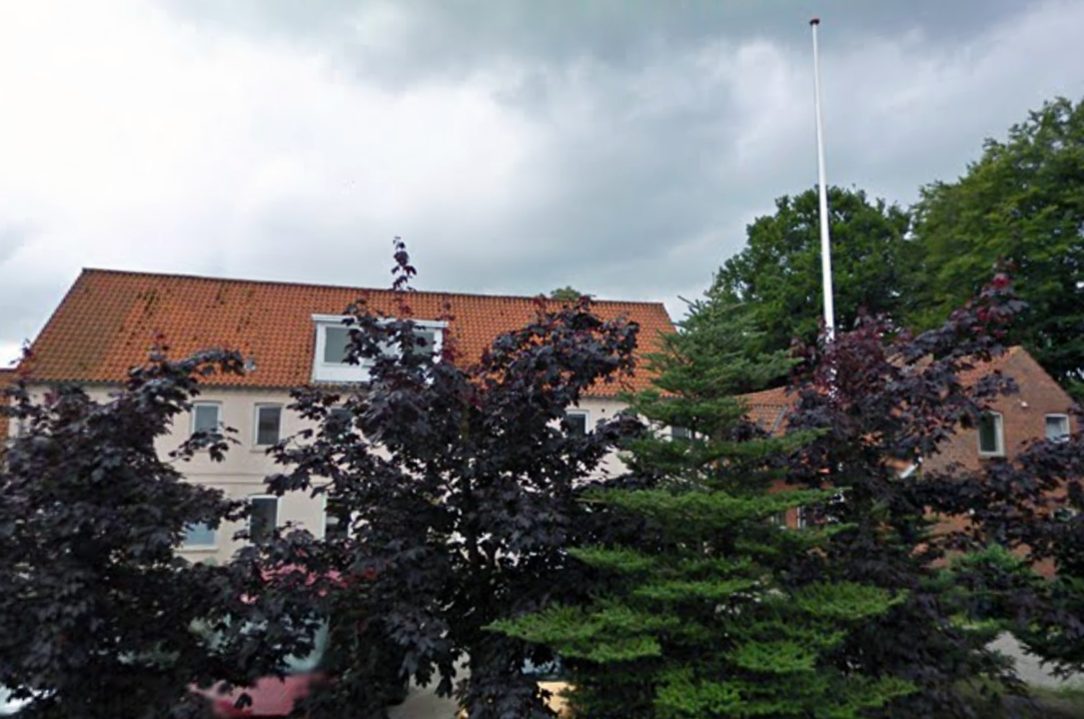
Holsted
Helios Free School is a lively school for children and youth who need specialised education programmes in smaller groups. It is famous for its hiking expeditions, art projects, school gardens and its inclusive atmosphere.
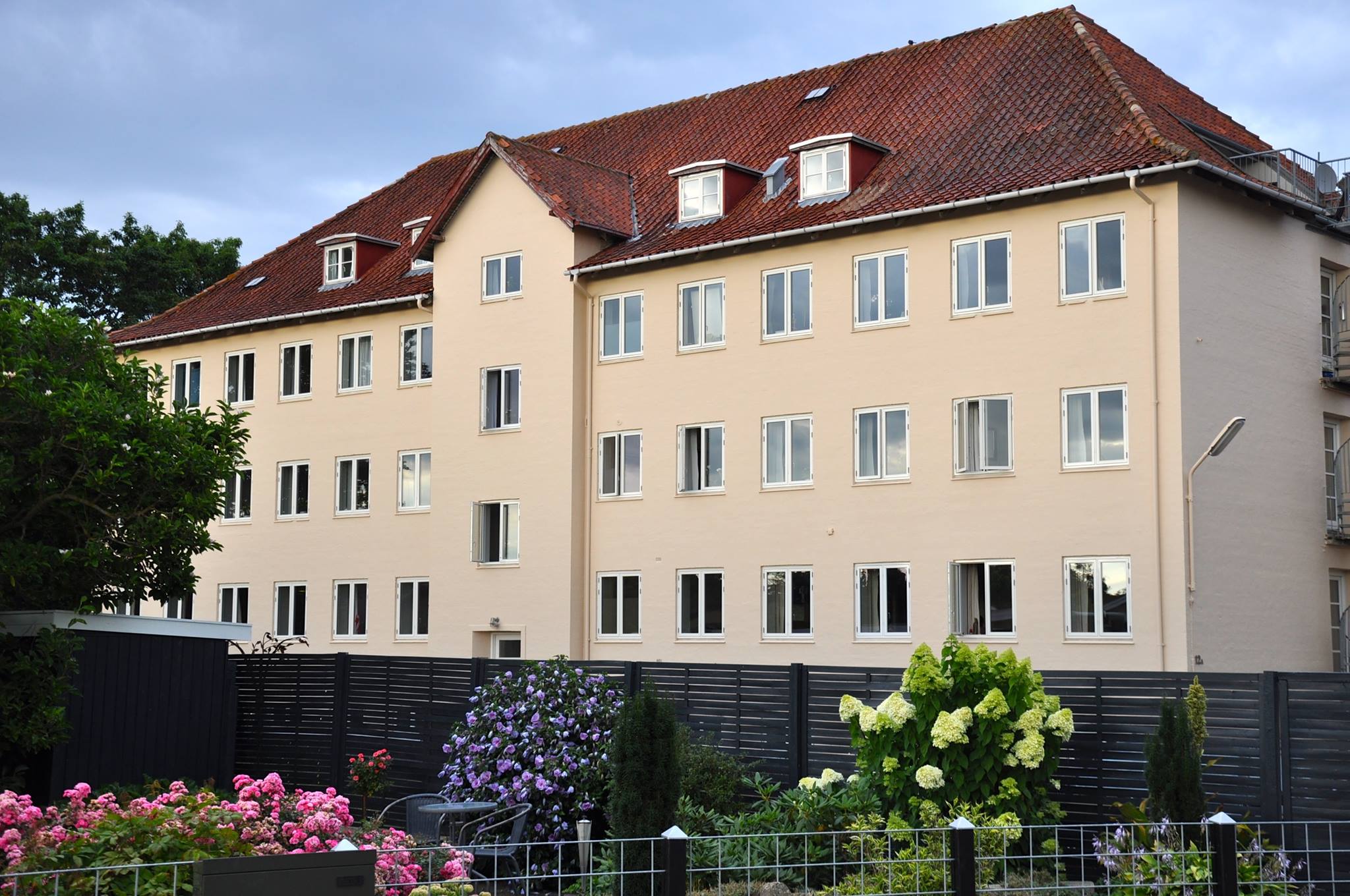
Juelsminde
A stone’s throw from the beach, the Juelsminde School Centre is a specialised school that caters for learners who come from care homes in the local area. Sports, drama and maritime activities is part of the school’s curriculum.
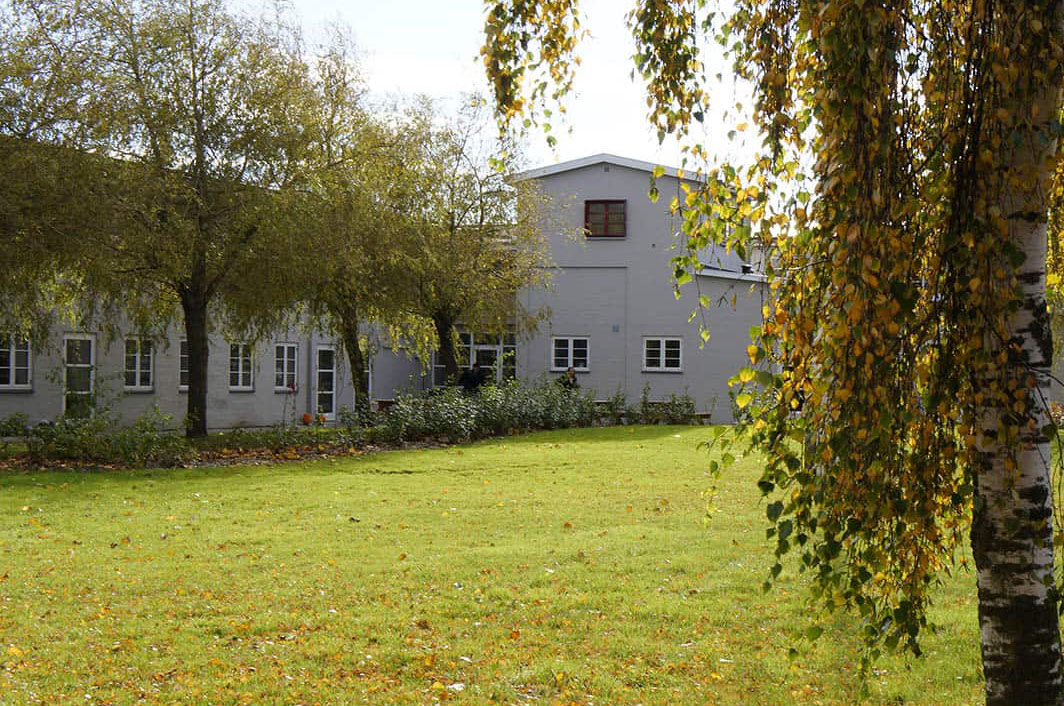
Bogense
Bogense School Centre has a tradition of going on long-haul study trips, to Asia, Africa or the Caribbean. The programme also emphasises maritime activities such as canoeing, windsurfing or sailing with the school’s yacht.
Project bases in Malawi
Your base in Malawi: One of DAPP Malawi’s teacher training colleges
Our partners in Malawi, Development Aid from People to People, run four teacher training colleges. This is where you will have your base during the 8 month project period.
Training another kind of teachers for rural Malawi
The idea of the teacher training colleges is to train young Malawian men and women to become highly qualified and dedicated primary school teachers for the rural areas of Malawi. The aim is to train “another kind of teachers” – teachers who are dynamic and highly motivated in teaching children as well as the communities they will work with.
To succeed, they need to be trained in learner-centred methods and be professionally and personally well founded with a mindset that learners in primary schools have the potential to become skilled and productive members of society. The trained teachers acquire knowledge in modern ways and teach leaners the importance of the same technique. The trained teachers facilitate community activities, hence developing the communities to be a better place to live.

DAPP Amalika Teacher Training College
DAPP Amalika Teacher Training College is situated in Thyolo district in southern Malawi. The college was approved in November 2008 by the Ministry of Education, Science and Technology.
The college was officially inaugurated by the country’s late President Dr. Bingu Wa Mutharika, on 21st August 2009.
The first team of teachers graduated in August, 2010. The college has a capacity of 160 students. The college has graduated over 500 teachers.
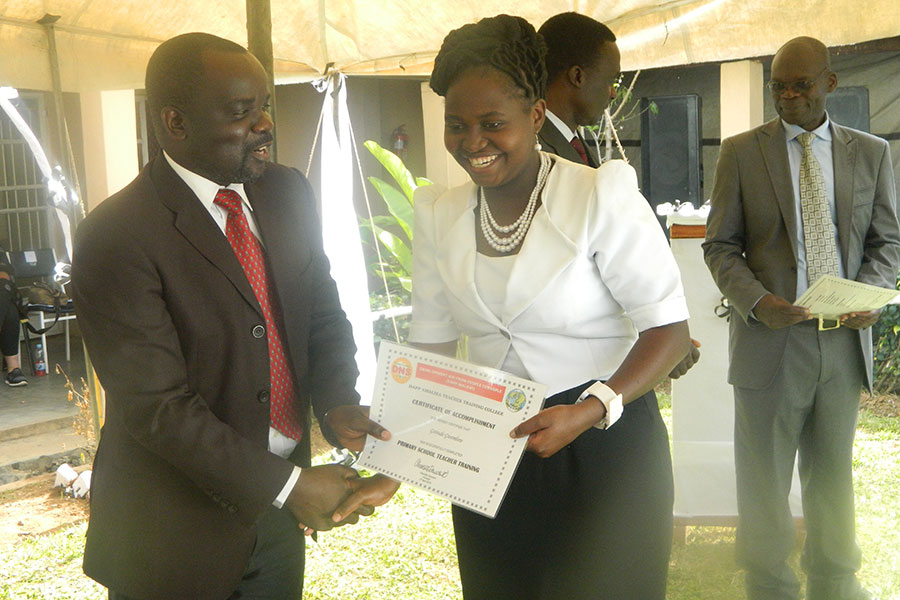
DAPP Dowa Teacher Training College
Dowa is a town located in the Central Region of Malawi. DAPP Dowa Teachers’ Training College was established in December 2010 when the first phase of the construction was completed with funding from MFA Finland and UFF Finland and first intake of student teachers enrolled.
The college graduated its first 114 student-teachers in October 2012. The college was officially inaugurated on 30th November 2012 by the Vice President of the Republic of Malawi, Right Honourable Khumbo Kachali. The second phase of the construction was funded by USDA via Planet Aid, Inc.
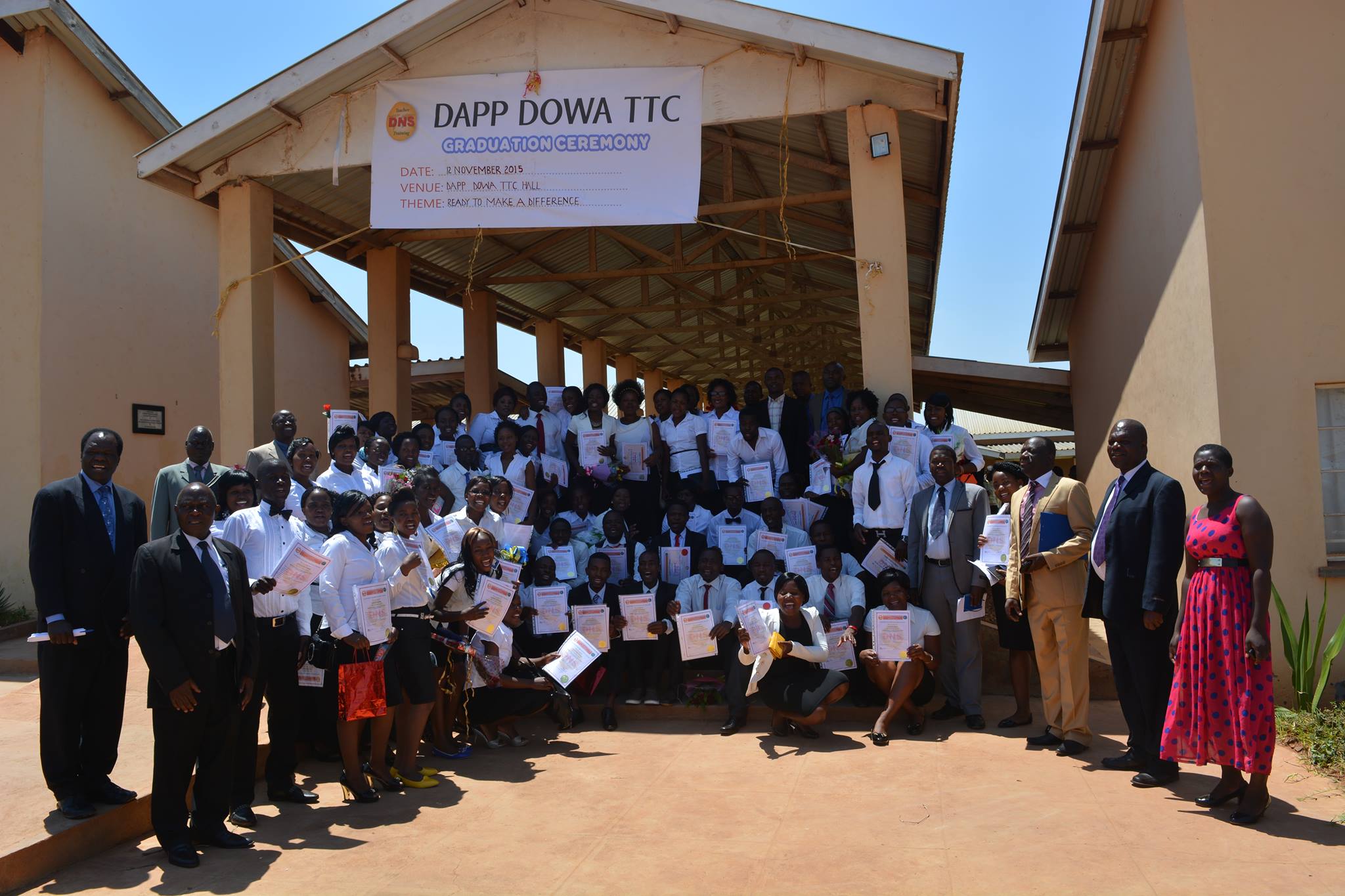
DAPP Chilangoma Teacher Training College
DAPP Chilangoma Teacher Training College started in 2003 as the first DAPP operated college in Malawi. In November 2016, the school graduated its 11th team. The college has a capacity for 194 boarding students.
Chilangoma is located in Blantyre District in southern Malawi.
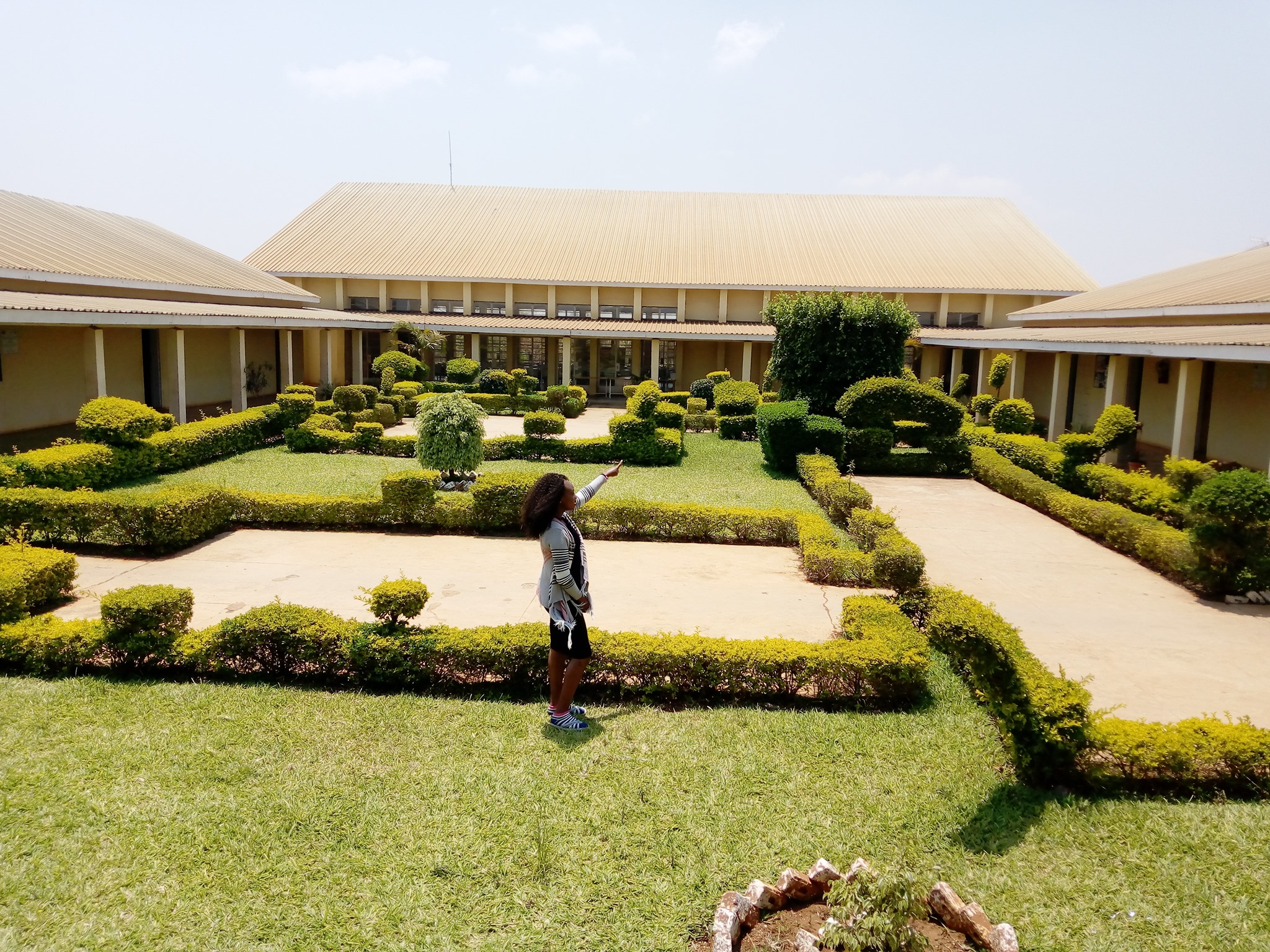
DAPP Mzimba Teacher Training College
Located in northern Malawi, DAPP Mzimba Teacher Training College is the latest of DAPP’s teacher training colleges.
The college was constructed with support from the Ministry of Foreign Affairs of Finland and UFF Finland (Phase 1) and DFID UK Aid (Phase 2). It was licensed by the Ministry of Education, Science and Technology in 2013. The first team of 110 female students graduated at the college in November 2016.
